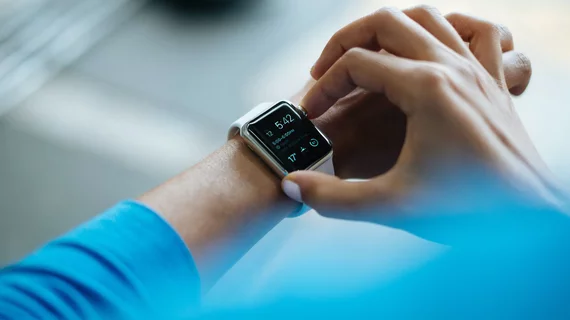Siemens lands 10-year partnership with Geisinger
Pennsylvania-based health system Geisinger has signed on for 10 years of “value partnership” with Siemens Healthineers.
As announced, the deal is largely focused on helping the 13-hospital institution delve deeper into various iterations of digital health, including AI.
Meanwhile it will facilitate Siemens’s installations of medical imaging equipment and its placement of onsite support staff.
Further, Siemens will offer Geisinger access to educational resources aimed at optimizing workflows for clinical and administrative personnel.
“By expanding our relationship with Geisinger, this becomes one of the largest Value Partnership relationships in North America and will allow us to work together to improve the patient experience for residents of Pennsylvania and the region,” says David Pacitti, president of Siemens Healthineers for the Americas, in the announcement.
Geisinger’s COO, Matthew Walsh, says the partnership will “allow us to continue to equip our facilities with the most advanced diagnostic imaging technology in the market to care for our patients.”

